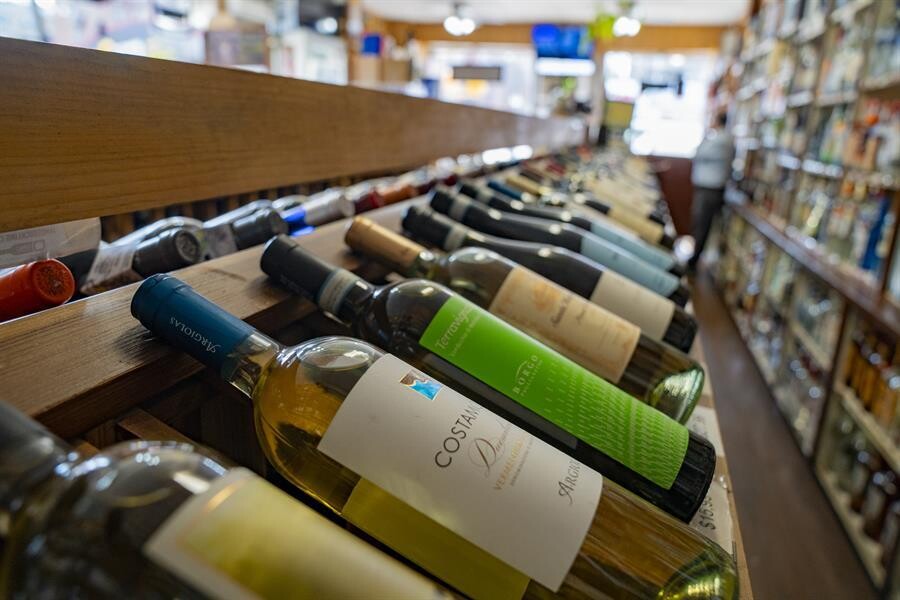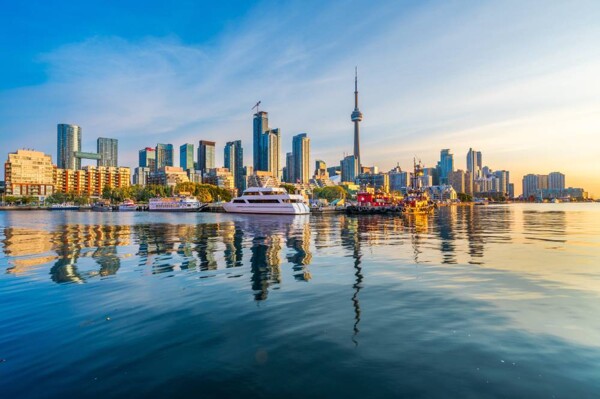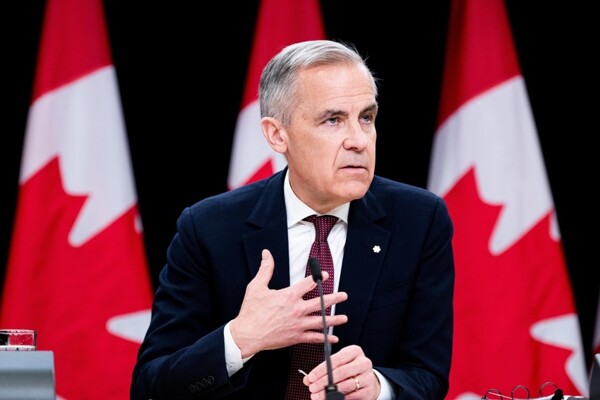
Canadians have reacted to the trade war and diplomatic crisis that U.S. President Donald Trump has started with a drastic reduction in their travels to the neighboring country and the purchase of U.S. products, such as alcoholic beverages.
According to official U.S. figures, in February 2025, the number of Canadians who traveled by vehicle to the neighboring country dropped by almost half a million people, marking the lowest figure since April 2022, before all COVID-19 pandemic restrictions were lifted.
While in February 2024, 2,696,512 Canadians entered the U.S. by car, in February 2025 the figure dropped to 2,223,408. This abrupt reduction coincided with Trump's increased attacks on Canada, with threats of tariffs and statements about the intention to use "economic force" to annex the country.
Canadian authorities, from then-Prime Minister Justin Trudeau to provincial government heads, have encouraged Canadians to reconsider their trips to the U.S. According to official figures, the number of Canadians who returned by car to Canada from the U.S. in February fell by 23% compared to the same month in 2024.
A travel agent told the Canadian newspaper The Globe and Mail that he knew of cases like a group of skiers who canceled a planned trip to Wyoming (U.S.) and purchases of products from that country. The public agency Statistics Canada (SC) confirmed the reduction in traffic between the two countries.
The reduction in travel and the purchase of U.S. products has had a significant impact on various sectors. The U.S. Travel and Tourism Council has warned that a 10% decrease in Canadian tourists due to the boycott could cost the sector $2.1 billion, mainly in states like Florida, California, Nevada, New York, and Texas.
In addition to tourism, the Canadian boycott also affects the alcoholic beverage industry. Several provincial governments in Canada have decided to remove beverages from the U.S. from their establishments in favor of local products, which represents a significant loss for U.S. producers.
Lawson Whiting, CEO of Brown-Forman, the producer of the well-known Jack Daniel's whiskey brand, has mentioned that the Canadian boycott is worse than imposed tariffs and has had a severe impact on the sales of their products.
Commercial establishments and consumers across the country have initiated campaigns against the consumption of U.S. products, creating a climate of uncertainty about the long-term consequences of this situation.
In 2024, Canada was the largest export market for the U.S., with the sale of products worth $349.9 billion, reflecting the importance of trade relations between the two countries and the repercussions that may arise from political and economic conflicts.














